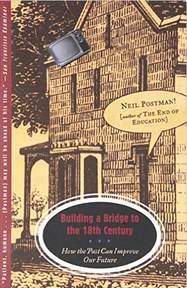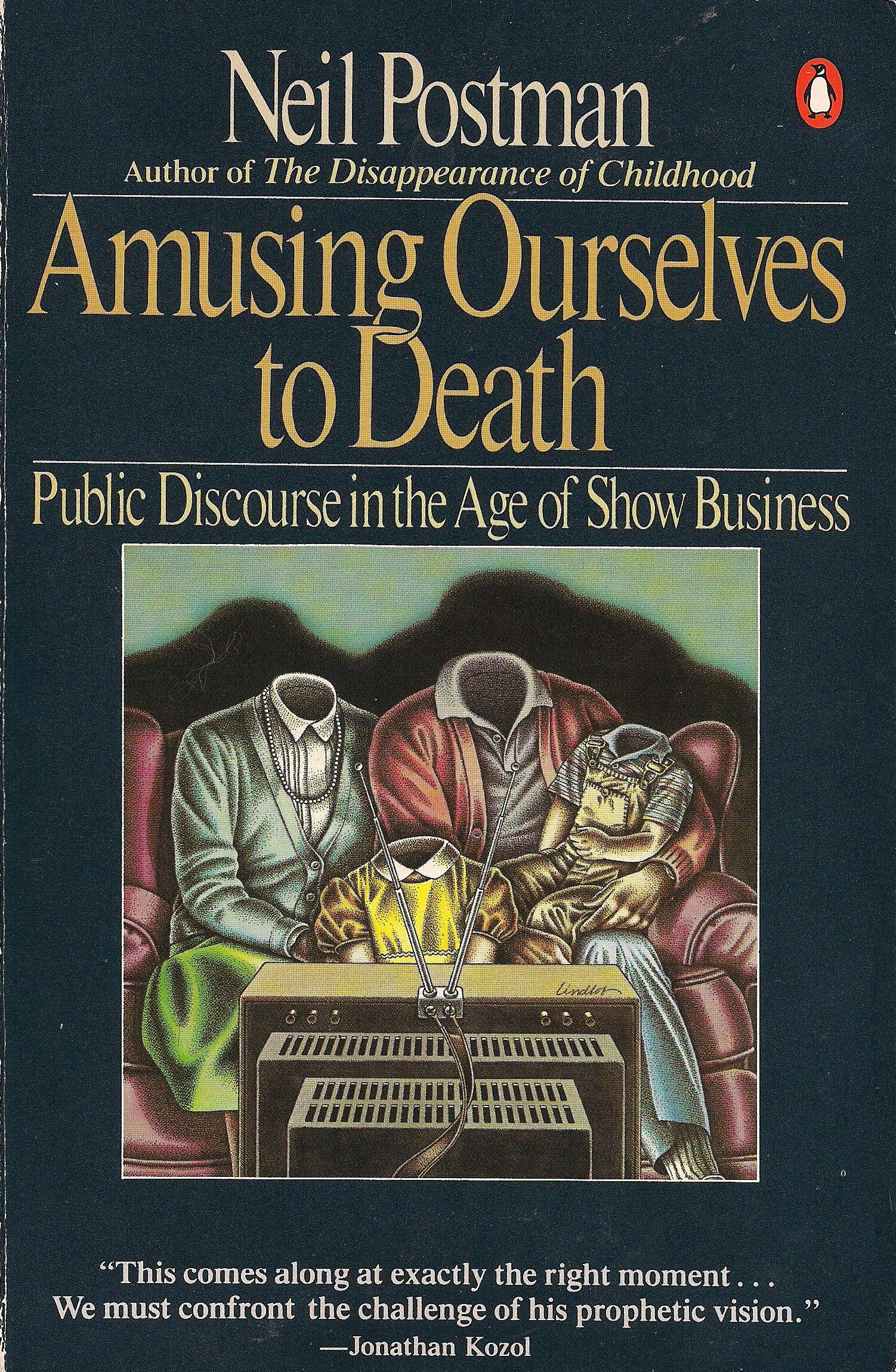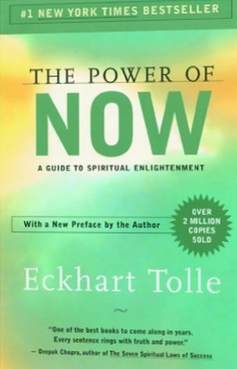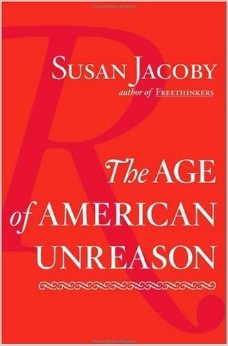Or should I say new ‘old’ leaf
By Brian R. Wright
Many would say that we-the-human-race on the man-on-the-street level—especially with the escalating pervasiveness of television through the end of the 20th century and now with the Internet coming of age in the early decades of the 21st—have caved in to the Neil Postman Amusing Ourselves to Death (1985) scenario. [Sorry, I have to forgive the analysis here, because frankly the number of readers who a) ‘get it’ or b) care, are vanishingly small. Which is perhaps THE major reason for my turning over a new leaf… to be discussed shortly.]
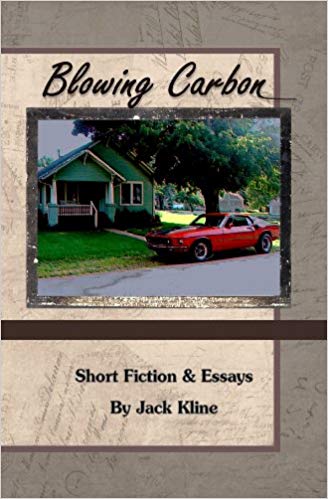 A shortcut way to state the above is that most people have become comfortable with the perceptual-emotional or ‘see, hear, feel’ means of consciousness… with a corresponding loss of interest in the conceptual mode of same—reasoning things out thru reading, writing, and exercising independent logical judgment. Give you an example, turn on the mainstream nightly news, see the calming anchor, view the footage accompanying the anchor’s even assuring cadence announcing what meaning and solace you’re to take from the audio-visuals (or at least from the anchor’s voice-overs): “This is true and what all good people of society believe. Don’t worry, be happy, go to work as usual.” [Then the ads for the broadcast interweave to give you the context and range of acceptable material choices. This is what Postman called the Age of Television.] And it may be our species’ undoing…
A shortcut way to state the above is that most people have become comfortable with the perceptual-emotional or ‘see, hear, feel’ means of consciousness… with a corresponding loss of interest in the conceptual mode of same—reasoning things out thru reading, writing, and exercising independent logical judgment. Give you an example, turn on the mainstream nightly news, see the calming anchor, view the footage accompanying the anchor’s even assuring cadence announcing what meaning and solace you’re to take from the audio-visuals (or at least from the anchor’s voice-overs): “This is true and what all good people of society believe. Don’t worry, be happy, go to work as usual.” [Then the ads for the broadcast interweave to give you the context and range of acceptable material choices. This is what Postman called the Age of Television.] And it may be our species’ undoing…
[Note also that ALL the major mainstream networks convey the exact same root news.]
Please read the following short essay from a collection of short stories by Jack Kline, Blowing Carbon (2010).[1] Continue reading

